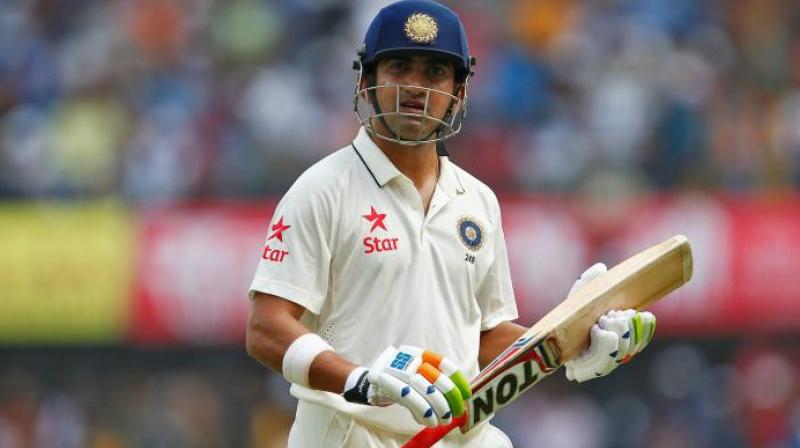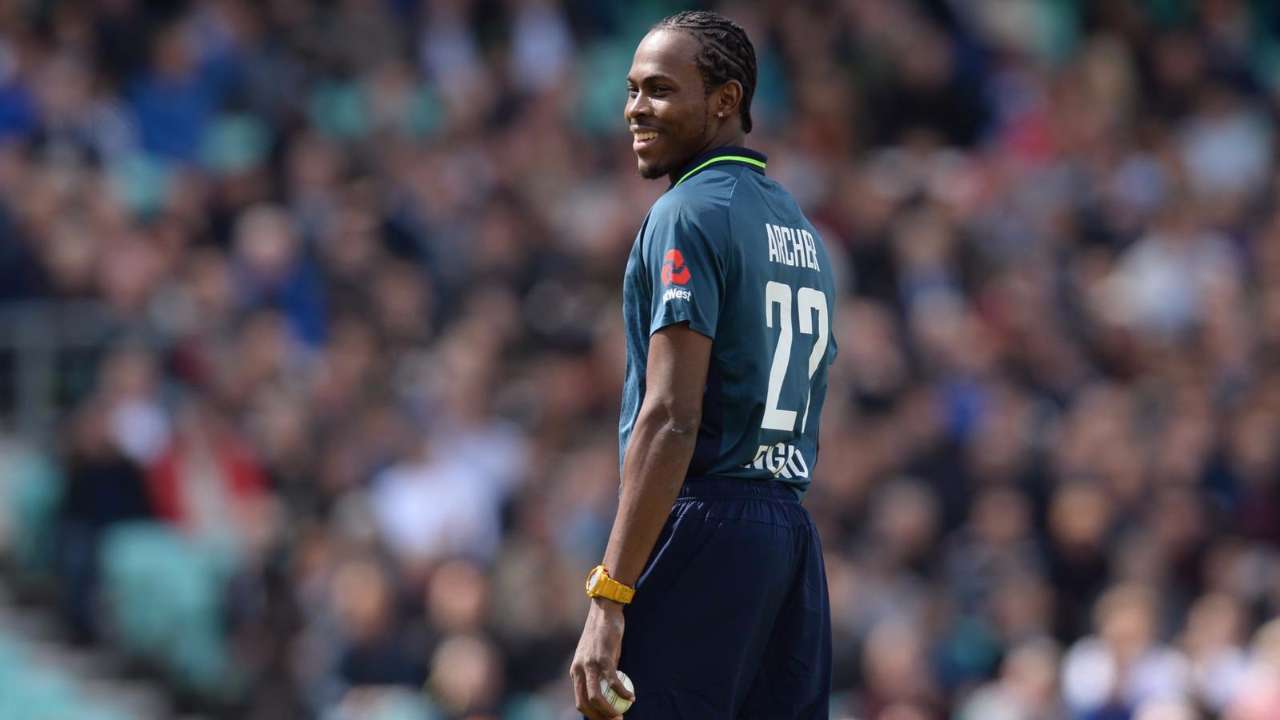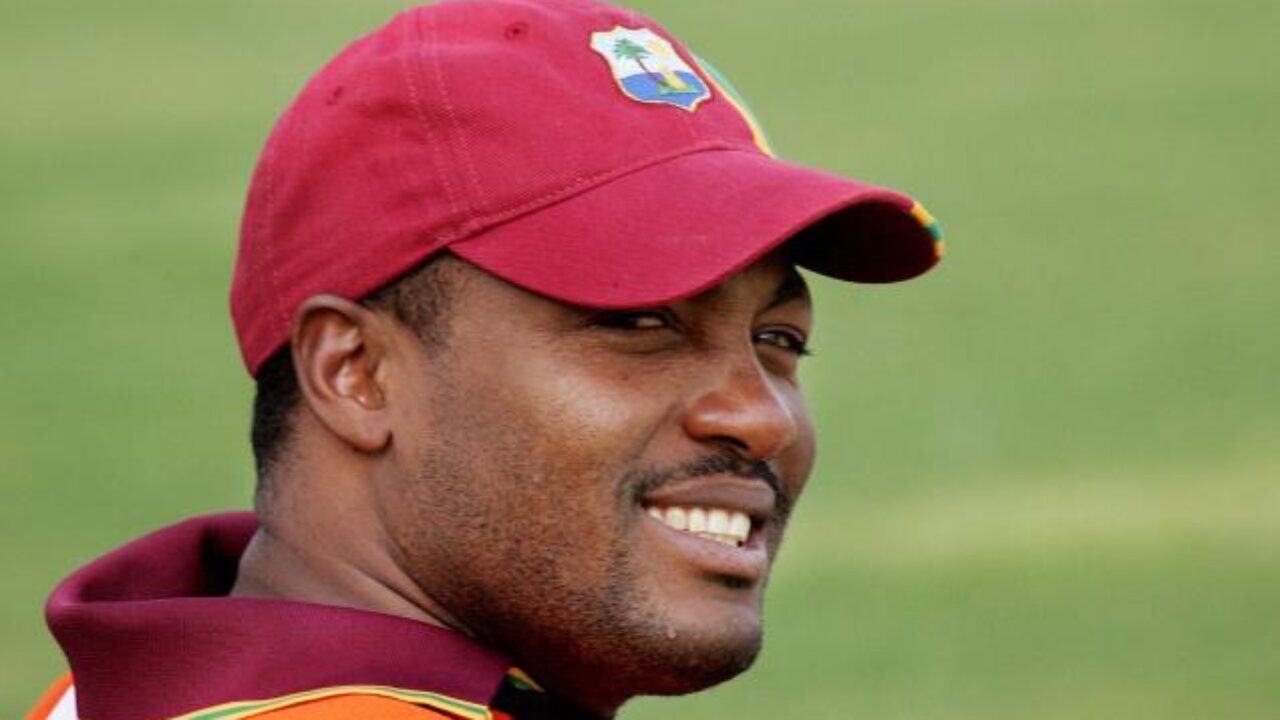Former India mental conditioning coach Paddy Upton discussed in his newly released book ‘The Barefoot Coach’, about the myth of mental toughness of elite sportsperson and how they react to situations.
Paddy Upton wrote in his book that former Indian opener Gautam Gambhir was “mentally the most insecure” but that didn’t deter him from becoming one of India’s most successful batsmen.
Gambhir, told a leading news agency that there is, “no sinful intention in Upton’s views as he is a nice man and in any case his insecurities are well documented”.
Gautam Gambhir is currently competing from the East Delhi constituency on BJP ticket in the ongoing Lok Sabha Elections.
Upton mentioned in his book, “I did some of my best and least effective mental conditioning work with Gautam Gambhir, the International Test Cricketer of the Year’ in 2009. I worked with him up until that time but I had little to do with him being named world’s best cricketer.”
Upton wrote that Gambhir was “negative and pessimistic.” He wrote, “Let’s say his range was 20 to 40 with 30 being normal. When he scored 150, he would be disappointed in not scoring 200.”
Gambhir responded by saying, “I wanted myself and Indian team to be the best in the world. That’s why I was not satisfied even after scoring 100 as it has been mentioned in Paddy’s book. I see nothing wrong there. As a driven individual I have tried to raise the bar for myself alone.”
Upton also wrote about former captain MS Dhoni’s incredible emotional control and compared it with current captain Virat Kohli.
“Virat uses his visible and overt emotional charge to drive his success, whereas MS’s success is facilitated by his lack of emotional charge,” wrote Upton.


















